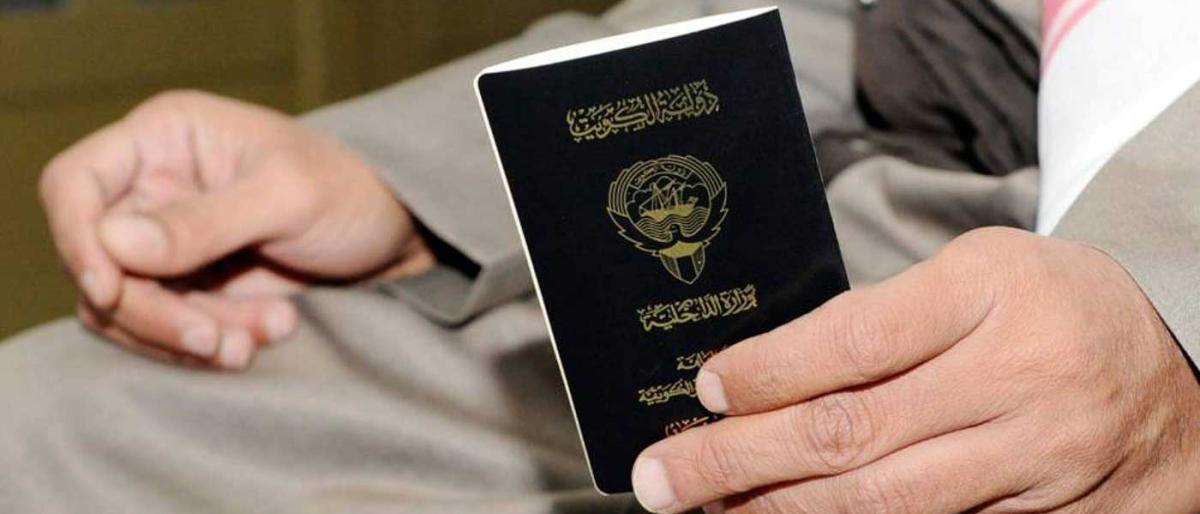The right to nationality is a human right that cannot be disputed. Despite this, Kuwait uses punitive citizenship revocations as a tool for repression. The 1959 Kuwaiti Nationality Law broadly legislates that the state has discretionary powers to withdraw citizenship. This law has been used to arbitrarily revoke the citizenships of dissidents and ethnic minorities to marginalize political opponents, demonstrating an abuse of it. The problem lies therein as the Kuwaiti law is not in line with Article 15 of the 1948 Universal Declaration of Human Rights, which clearly states that “no one shall be arbitrarily deprived of his nationality nor denied the right to change his nationality.”
The most common explanations given for these revocations are accusations of fraud in acquiring citizenship, possessing dual nationality, and perceived disloyalty to the state. The last one is notoriously used on human rights defenders. Given that any speech against the government could be wrongfully deemed as disloyalty, it leaves many activists at risk of this unlawful practice.
As Kuwait does not allow dual citizenship, those who have their citizenship revoked become stateless. This results in them having limited access to essential services, such as healthcare, education, and employment. Given the concurrent crackdown on illegal migrants, the former Kuwaiti citizens will likely have to leave the country or face almost certain prosecution. Therefore, the repercussions of this unlawful practice go beyond the deprivation of nationality as it completely strips people of their basic human rights and leaves them exposed to being unlawfully detained for living in their home country.
The Kuwaiti citizenship of the already exiled social media activist Salman Al-Khalidi was revoked on 7 April 2024 by Emiri decree. He has been charged in absentia with a total of 21 years of prison, all for his peaceful tweets speaking out against the government, his defense of the civil and humanitarian rights of the Bedoon community, and his work as a founding member of the Kuwaiti Refugee Association. This final punitive act demonstrates that the Kuwaiti government is attempting to delegitimize him and further depict him as a threat to the country.
Al-Khalidi has responded by stating that despite this revocation, he “will remain affiliated with Kuwait, its land and its people, for the rest of my life.” A strong message for all others in his situation, although it does not change the fact that it should have never occurred in the first place, and must not happen again.
Not only is Al-Khalidi’s citizenship revoked, but so is that of anyone who gained it through him. Given that in Kuwait only fathers can automatically pass down their citizenship as Kuwaiti mothers need permission from the Minister of the Interior to do so, Al-Khalidi’s children will also lose theirs. This is a direct breach of Article 24 of the International Covenant on Civil and Political Rights (ICCPR) which states that “every child has the right to acquire a nationality”, as well as against Article 8 of the Convention on the Rights of the Child (CRC) which declares that states parties must respect a child’s right to preserve their nationality without unlawful interference. Unfortunately, the broadness of the 1959 Nationality Law permits the state to unlawfully remove citizenship from innocent children.
This repressive pattern is not unique to Kuwait, as Bahrain and Qatar are known to do the same. This stripping of basic rights is highly problematic and must not be ignored. These acts prevent human rights defenders from holding their governments accountable and suppress their right to freedom of expression. This is not a standalone issue; it is part of a wider problem of silencing dissidents in the Gulf region by infringing on their human rights.
ADHRB urges Kuwait, along with all other countries in the GCC, to stop unlawfully revoking citizenships as it deprives innocent people of their human rights and directly leads to statelessness. This unlawful practice violates the Universal Declaration of Human Rights, as well as Kuwait’s commitment to the ICCPR and CRC. Kuwait must do better to respect international standards.





